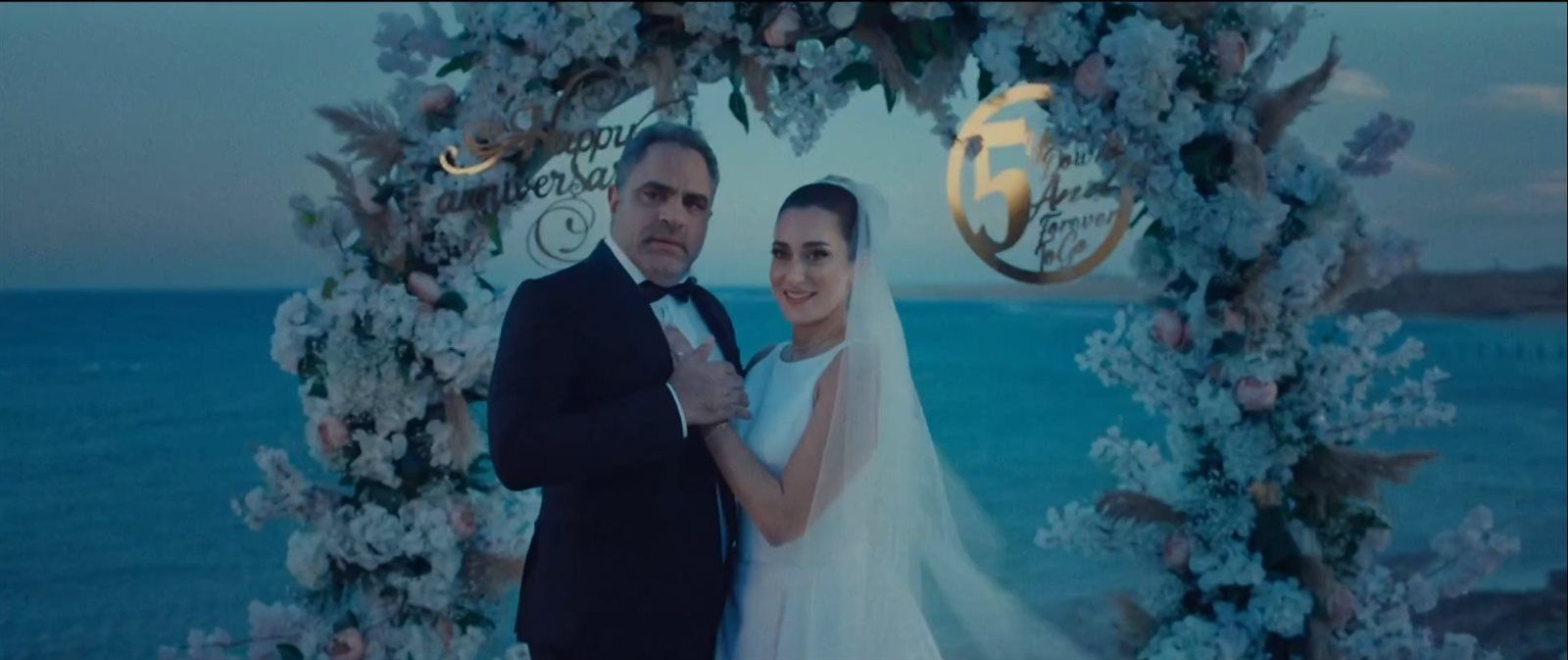As the holy month of Ramadan enters into its second half, Egyptian audiences have already decided which Ramadan mosalsalat they find worth watching and which they do not. One of the series that Egyptian social media users cannot seem to stop discussing is El Harsha El Sab’a (The Seven-Year Itch). Directed by Karim El Shenawy and starring Amina Khalil, Mohamed Shahin, Asmaa Galal, and Aly Kassem, El Harsha El Sab’a discusses the complications of marriage, the challenges of parenting, mental health struggles, and more. Viewers have been dissecting it over social media – some arguing that it is a realistic representation of the stages of life portrayed in the show, others saying that it is depressing and discouraging. Here, Egyptian Streets lays out the various themes and stories the show discusses. The following includes spoilers. Divorce in Older Couples In the past, divorce in Egypt was frowned upon, especially for women. Women were often forced to continue in an unhappy marriage or else be deemed selfish for ruining a ‘happy family’. Consequently, and with many Egyptian women in previous generations completely financially dependent on their spouses, most chose to stay…
How Egyptian Series El Harsha El Sab’a Shows Marriage in a Different Light
April 4, 2023



